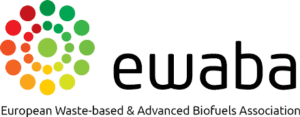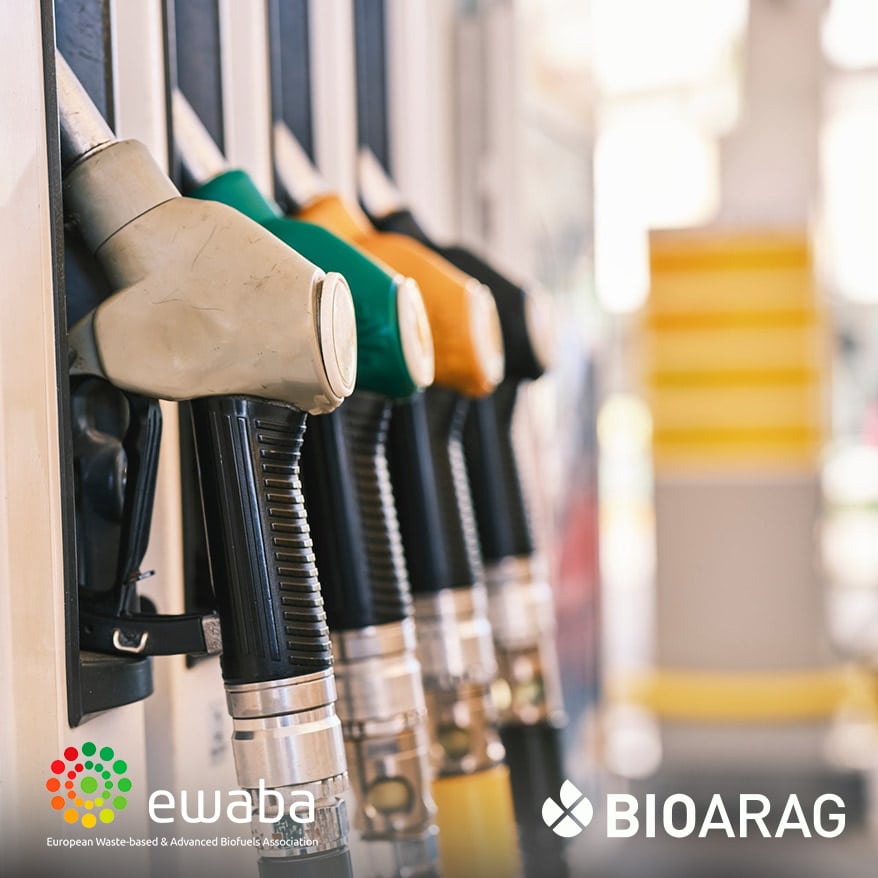The use of biodiesel in maritime and land transport has achieved a significant reduction in GHG emissions. In 2021, EWABA members produced more than 2 million tons of waste-based and advanced biodiesel, saving around 6.3 million tons of equivalent CO2 emissions.
However, the legislative dossier proposed by ReFuelEU may compromise this because it could lead to massive diversion of feedstock to aviation fuel.
It’s important to change this because it has been proven that the use of SAF in aviation is more expensive and much less efficient than for road and sea transport, resulting in lower GHG savings. In fact, studies show that the planned diversion of waste-based biodiesel feedstock to aviation would result in at least 1 million tonnes of additional GHG emissions being released into the atmosphere as early as 2025.
In addition to the enormous environmental impact, this mandate would lead to the closure of numerous biodiesel production plants due to a lack of feedstock, and thus to the loss of numerous jobs.
It should also be borne in mind that despite efforts to electrify land transport, it is estimated that 80-90% of land vehicles will still use combustion engines by 2030, so biodiesel will be essential for achieving GHG reduction targets. On the other hand, the aviation sector has other alternatives to SAF.

For this reason, Bioarag has joined the EWABA campaign “Hold the Door for Waste-based & Advanced Biodiesel”, more information about which can be found here https://www.ewaba.eu/news/-hold-the-door-for-waste-based-advanced-biodiesel.

